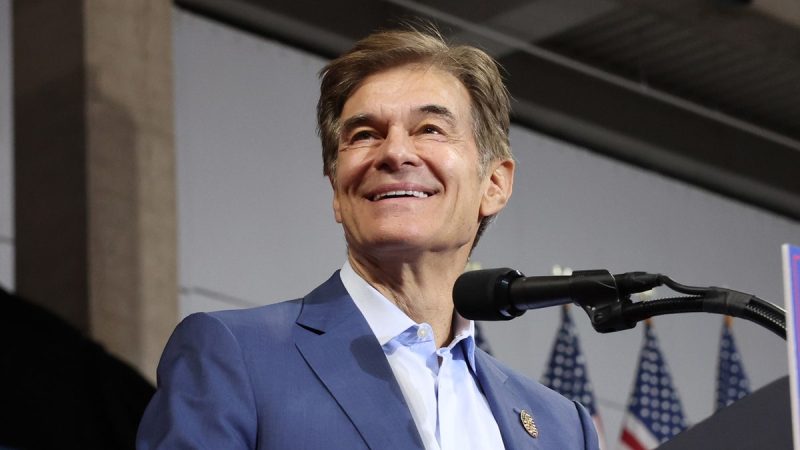Dr. Mehmet Oz’s recent nomination to the role of CMS Administrator has sparked thought-provoking discussions regarding ways he can aid in reforming America’s healthcare system. Several concepts have surfaced on how Dr. Oz could make a significant difference, given his reputable background as a cardiothoracic surgeon and a prominent TV personality. Being a notable figure in the public health space, Dr. Oz brings with him a sense of trust and respect, which will certainly be significant as he takes on this new role. There are three main areas that he could focus on to provide substantial improvements in our current healthcare system.
Firstly, Dr. Oz could use his influence to work towards improving the patient experience, particularly by leveraging technology. Modern technology has transformed healthcare delivery, especially telemedicine, which has become a lifeline during the COVID-19 pandemic. By integrating technology into more aspects of healthcare, timely, accessible, and quality care could be provided to all, regardless of their geographical location. For instance, wearable technology could be used to monitor patient signs remotely, giving healthcare providers the ability to access real-time updates. This could particularly benefit individuals with chronic illnesses, allowing for ongoing management without requiring regular clinic visits.
Furthermore, electronic health records (EHRs) could streamline the often convoluted process of coordinating patient care, especially between different providers. The widespread adoption of EHRs could lead to more efficient, accurate, and patient-centered care, making information access and sharing less cumbersome. As the CMS Administrator, Dr. Oz has the power to facilitate this by encouraging healthcare institutions to digitarily transform, reducing the technological divide within the industry.
Secondly, Dr. Oz could address the complex issue of healthcare cost and accessibility. By tackling the rising cost of healthcare, more Americans could be able to afford necessary treatments and procedures. This may involve assessing the pricing models of pharmaceutical companies, insurance companies, and healthcare providers, pushing for policies that protect consumers from excessive healthcare costs. Financial incentives could also be provided to healthcare providers who offer affordable care, promoting a culture of reasonably priced, value-based healthcare.
Additionally, Dr. Oz should also advocate for making healthcare more accessible. Accessibility does not only refer to geographic accessibility but also includes removing financial, cultural, and language barriers that might prevent someone from receiving care. For instance, strategizing the outreach of government-insured programs to low-income households could shield them from the financial burden of healthcare.
Lastly, the prevention of chronic diseases could be an additional focus. Largely preventable and manageable through lifestyle changes, chronic diseases like diabetes, heart disease, and obesity account for a significant burden on the healthcare system. Dr. Oz could use his platform to promote preventative measures, encouraging Americans to adopt healthier lifestyles. This could involve amplifying public health campaigns, instigating modifications in public school lunches, or investing in community programs designed to increase physical activity levels and promote healthier eating.
In conclusion, despite the challenges that lie ahead, Dr. Oz’s upcoming tenure as CMS Administrator brings a ray of hope for the necessary transformation of the American healthcare system. With his influence, we might see strides in digital health adoption, improved accessibility and affordability of care, and a renewed focus on the prevention of chronic diseases.






























